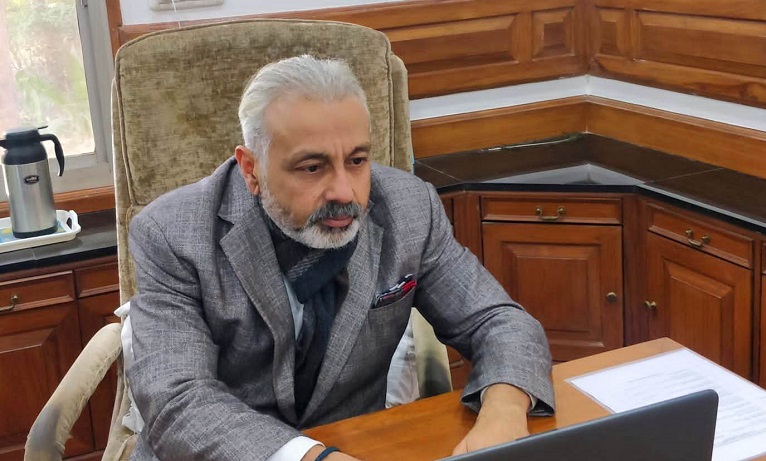To Stay Safe Online – Tips for Teens
Children today are safer than ever before in a variety of ways. Better public safety, less “stranger danger,” and more logic however the twenty-first century brings new challenges to child safety, particularly when considering the digital environment. Children are voracious consumers of digital technologies.
Despite all of the opportunities provided by the digital world, such as playing, learning, and socializing, digital engagement poses risks to children’s safety that can have real-world consequences.
Many risks in the digital world are analogous to those in the physical world. Bullies can reach their victims online just as easily as they can in the schoolyard. Children can be exposed to hate speech and racism through the virtual games they play, videos they watch, and communication apps they use. Some risks, however, are more specific to the digital environment, such as sending or receiving sexually explicit messages online, or the use and misuse of children’s data. Pop-ups in apps and sponsored links may be difficult for children and adults to distinguish as digital marketing, highlighting potential consumer risks. Exposure to these risks can have an emotional and academic impact on children and can jeopardize their privacy in the short and long term.
“Schools must be encouraging, learner-centered, and developmentally appropriate. Faculty will require training to create this type of school culture. It is critical to arm current and future teachers with digital knowledge and training in order to support the development in this area. Counsellors and school social workers must be hired and supported in the development, implementation, and training of learner-centered and developmentally appropriate programmes that focus on a digitally progressive approach where students learn to differentiate between the kind of content they should absorb online, and that which they should ignore,” says Anoop Singh Bishnoi.
The Education systems can also help to promote digital skills, digital citizenship, and media literacy. Giving children the skills they need to navigate the digital world effectively and ethically can help them understand the digital risks they face. Higher media literacy, for example, will assist children in distinguishing between information that may be misleading or false, sorting facts from fiction, and seeking trustworthy sources of information.
“Digital literacy is necessary to become digital citizens and to be true digital citizens, our students need teachers who model prosocial, creative, and responsible social media use,” adds Anoop.




Comments
Post a Comment